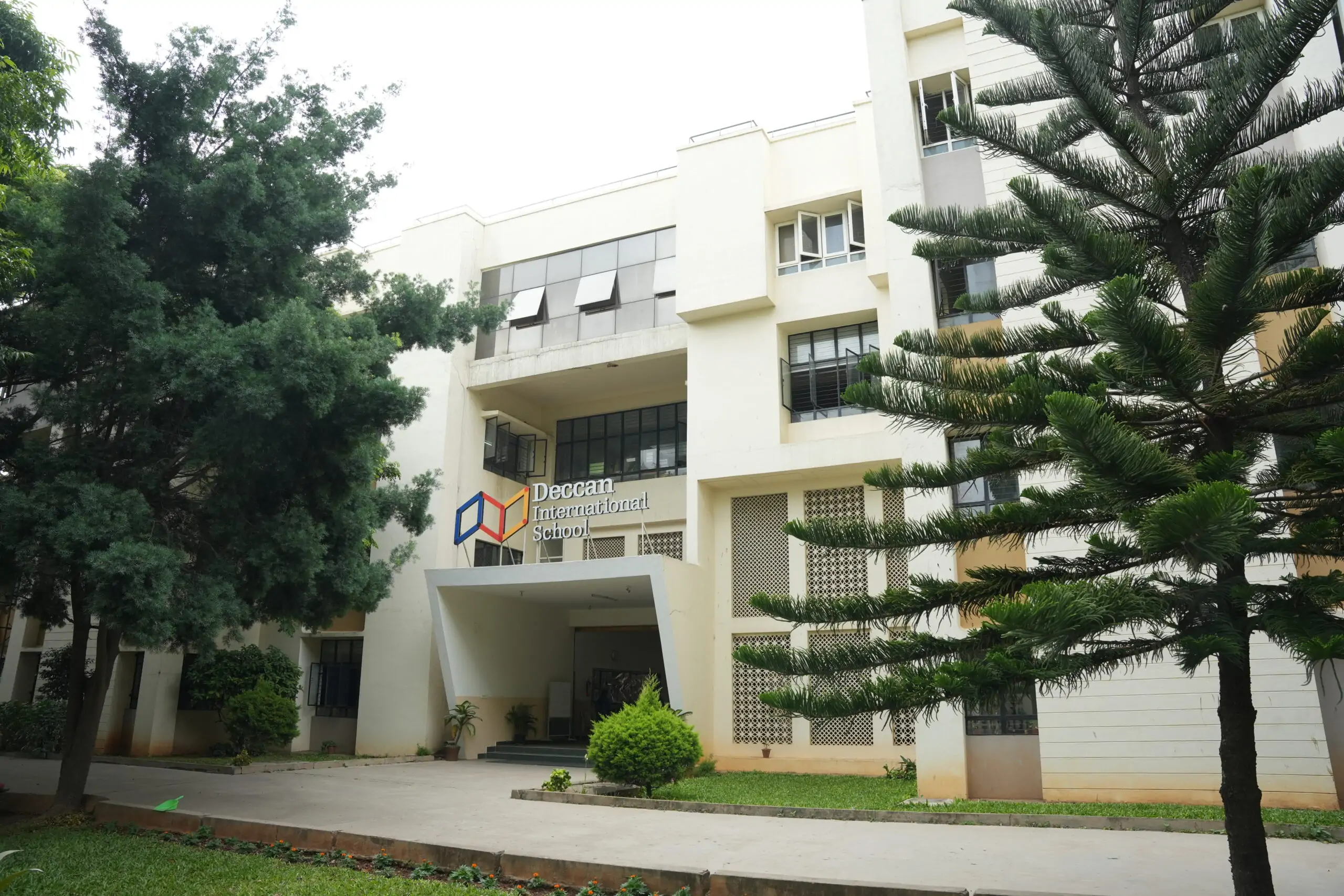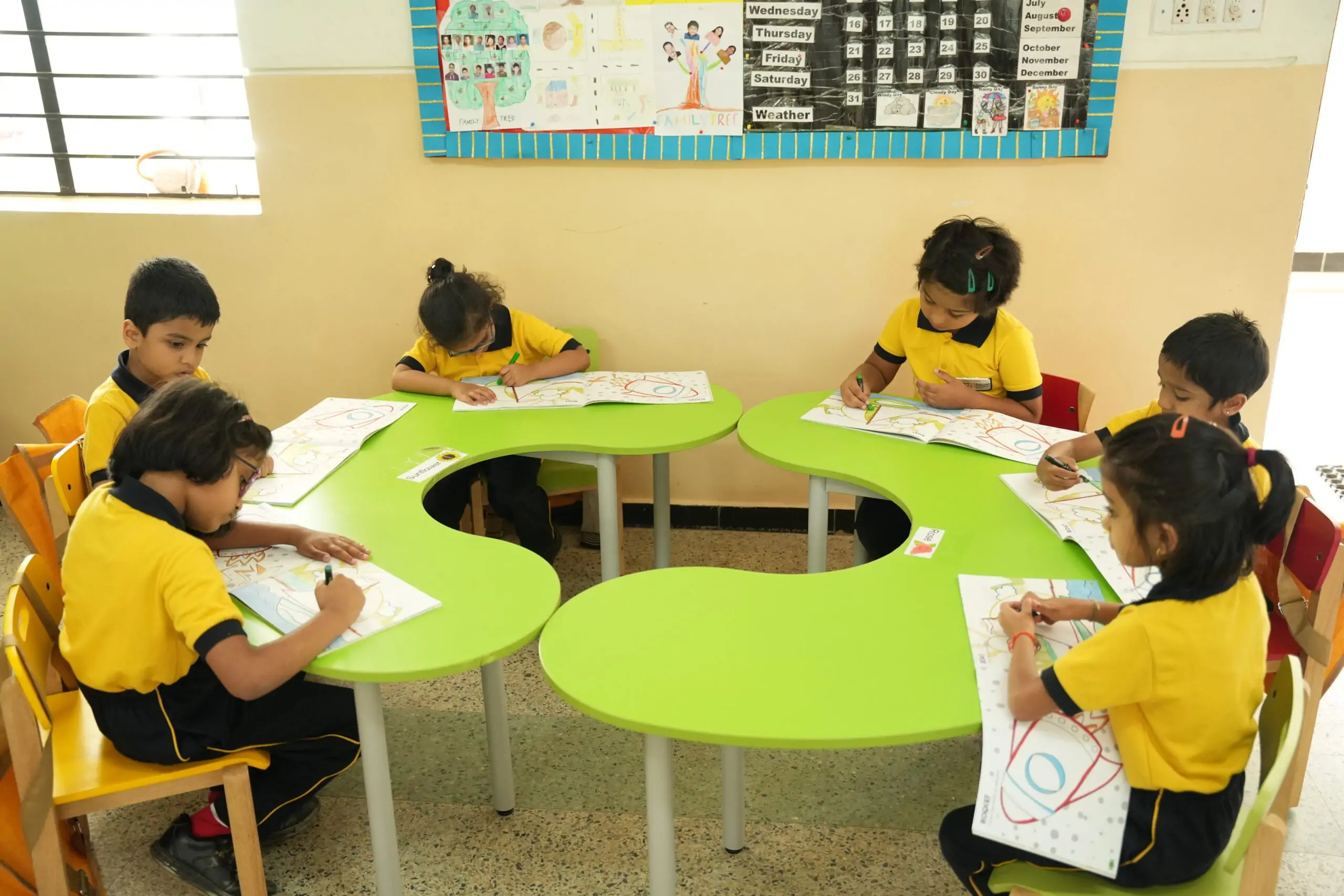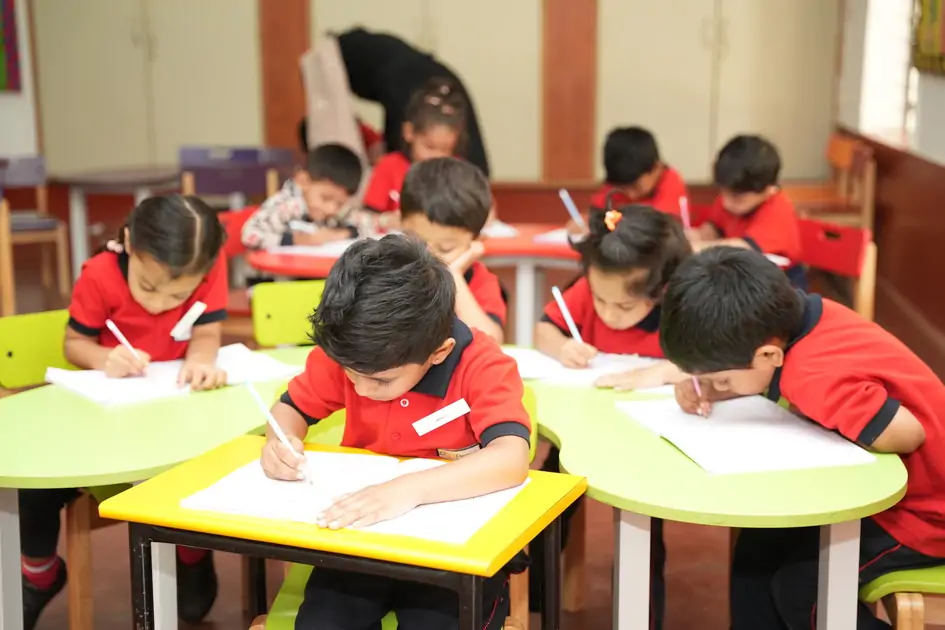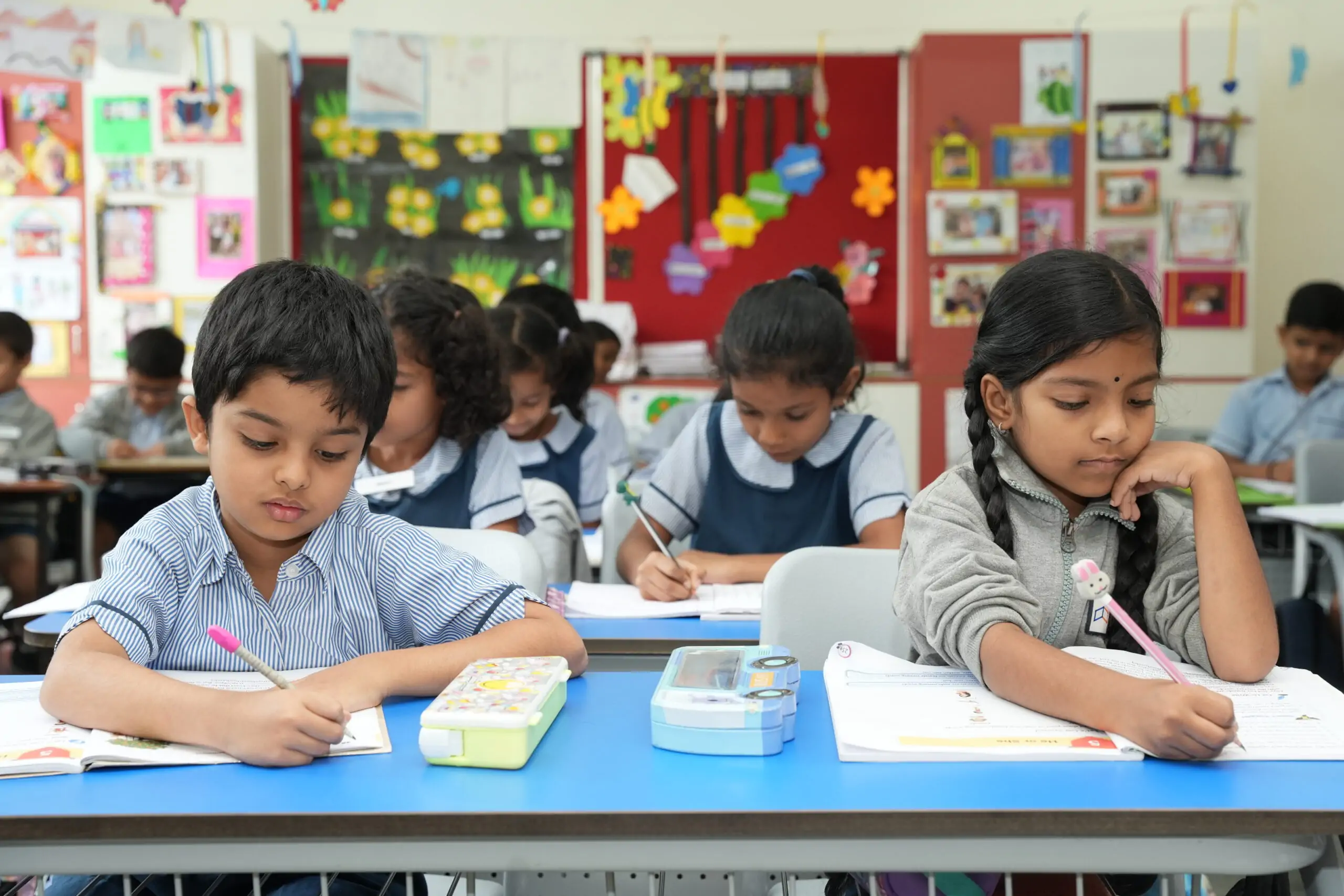Parent-Teacher Collaborations: The Secret Sauce to your Child’s Academic Success
At Deccan International School, our primary responsibility is to provide the kind of education that sets all of our students up for success in every walk of their life. Complementary to that is to be the right kind of bridge between every child and their parent in a way that helps each child sustain and outdo their academic progress.
For this reason, for us educators at DIS, parent-teacher collaborations are crucial for enhancing a child’s educational experience and overall development. When parents and teachers work together effectively, they can create a supportive learning environment that addresses the needs of the child both at school and at home.
Partnering with Parents, the DIS way
We at Deccan International School believe that education first begins at home. By the time the child is ready to start their kindergarten years, the seeds of learning will already have been planted at home by parents, grandparents, siblings, neighbours, and other adults who lay down the foundation for learning through fostering curiosity in children. Effective collaboration between parents and teachers creates a more cohesive support system for the child, enhancing their educational experience and overall well-being. By maintaining open lines of communication, setting shared goals, and working together to address challenges, both parents and teachers can play a pivotal role in the child’s success.
Making learning more fun for children is a great way to foster a love of learning and keep them engaged. Parents and teachers can collaborate to enhance the educational experience in several creative and effective ways.
Here are some of the strategies DIS proposes to help parents keep the learning streak going even after the child returns home from a good day at Deccan International School.
Parent-Teacher Collaboration Strategies
Open Communication:
Parents should also share any relevant information about their child’s experiences at home that could affect their school performance. Please know that transparency to the extent possible will help teachers address every child’s unique needs. Scheduling regular check-ins with the class teacher to discuss the child’s development, goals, and any concerns will also go a long way in sustaining this effort. These meetings provide an opportunity for both parties to align on strategies and support. Parents can share information about their child’s interests and help find ways to integrate these into classroom activities.
Establishing Goals:
A collaborative approach to set clear, achievable goals for the child’s academic and personal growth can help both parent and teacher keep track of a child’s progress as they move through these goal posts. Regular communication between parent and teacher can help with periodic review and adjustments that may be necessary. For example, encouraging projects that align with the child’s passions, whether it’s a science experiment related to their favourite animals or a history project about a time period they’re fascinated by, can help with laying the kind of foundation the child needs to pursue his/her interests and make informed decisions as they grow up.
Supporting Learning at Home:
DIS teachers can provide guidance on how parents can assist with homework and study habits. This includes suggesting effective strategies and resources for support. When parents and teachers are aligned in this manner, they can help work towards the child’s goal as effective allies. This sets the stage for a shared approach to not just help the child achieve his/her goals, but also will get dual acknowledgement they need to keep going to help them stay motivated.
Proactive Problem-Solving:
PTAs are meant for an open exchange of concerns and feedback. The environment presents both parents and teachers an opportunity to talk frankly and discuss any concerns they each may have, and arrive at suggestions for improvements in a conducive way. Whether it’s behavioural, academic, or social, working together to find solutions can be more effective than handling issues in isolation. When there is mutual understanding on the best approach to solve a problem, strategies and approaches can be customized to better meet the needs of a child.
Encouraging Creativity:
Through DIS’s extra-curricular activity , creative learning and expression also become a part of the child’s progress. Activities like the music enrichment programme, sports programmes, arts programmes, essay and debate competitions, and the student-led podcast will help the child become more comfortable communicating and expressing other facets of their personality. Parents can actively support this by recognising their child’s interests and hobbies and actively communicating them to the teacher.
Fostering a Growth Mindset:
Encouraging curiosity is key. This can help promote a growth mindset by encouraging curiosity and exploration even in conversations at home. Parents and teachers can come together to model and support a positive attitude towards challenges and learning opportunities.
In Conclusion
By combining their efforts, parents and teachers can create a learning experience that is engaging, interactive, and enjoyable for children. This collaborative approach helps ensure that learning is not only effective but also something children look forward to. You can count on us at Deccan International School to partner with you for your child’s sustained success.
Interested to know more about Deccan International School? Register Here




